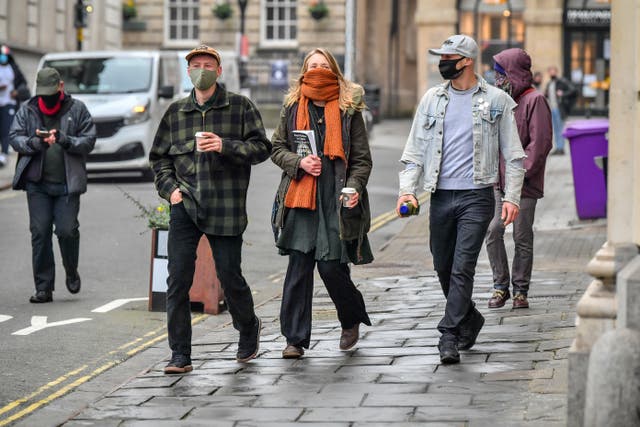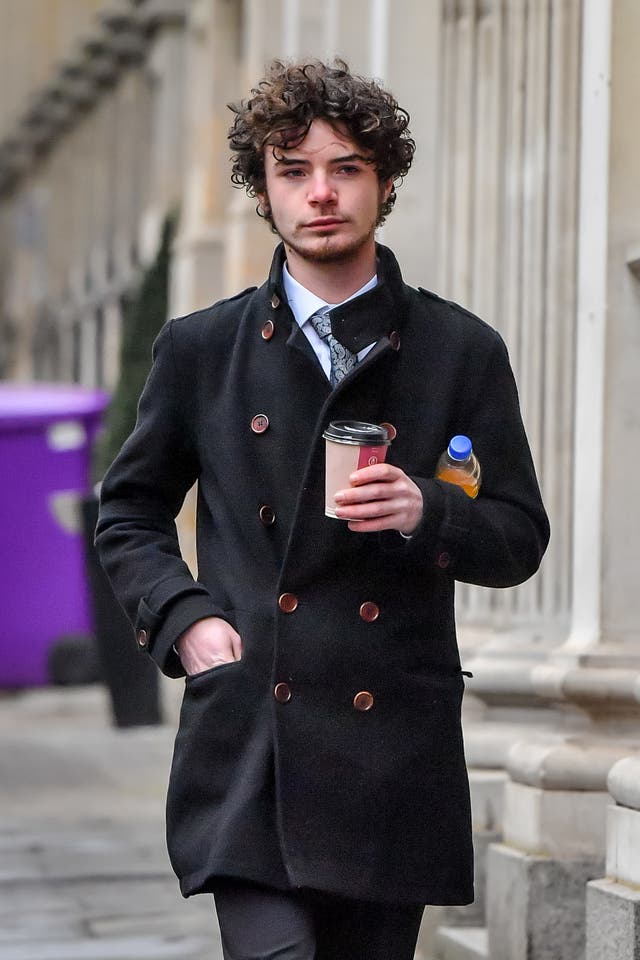Four people are to go on trial accused of criminal damage in relation to the toppling of a statue of slave trader Edward Colston. Rhian Graham, 29, Milo Ponsford, 25, Jake Skuse, 36, and Sage Willoughby, 21, will go on trial at Bristol Crown Court after denying charges of criminal damage.
“Heroic”
The bronze memorial to the 17th century slave merchant was pulled down during a Black Lives Matter protest on 7 June last year. It was later dumped in Bristol Harbour before being recovered by Bristol City Council. The topplers have previously been called “heroic”:
Heroic protesters in Bristol, England pulled down and flung into a river the bronze statue of Edward Colston, a prominent 17th Century slave trader.
His ships transported about 84,000 of our ancestors from Africa to the Americas, not counting thousands tossed into the Atlantic. pic.twitter.com/yVKpb4mG25
— Facts About Africa (@OnlyAfricaFacts) June 8, 2020

Charges allege that the four defendants, together with “others unknown”, damaged the Colston statue and plinth of a value unknown without lawful excuse. They are all on unconditional bail. Judge Peter Blair QC, the Recorder of Bristol, will preside over the trial.
The statue of King William III in Queen Square in Bristol has been wrapped in 'fragile' tape this morning.
Slave trader Edward Colston transferred a large amount of shares in the Royal African Company to William III when he became king in 1689. pic.twitter.com/gcDZsWQtrY— Tristan Cork BLive (@TristanCorkPost) December 13, 2021
Legal representatives of three of the defendants said they would fight the charges “vigorously”.

Support
The Colston Four are receiving support on this first day of the trial:
Colston Four are cheered on by supporters as they enter Crown Court pic.twitter.com/6ia1KKrKKN
— Rose Morelli (@sadlittlejourno) December 13, 2021
‘Glad Colston’s gone’, ‘Free the Colston 4’, ‘Who will police the police?’ pic.twitter.com/iVAB0FUpdX
— Martin Booth (@beardedjourno) December 13, 2021
However, there are also those who believe that unrest in Britain today can be directly blamed on the toppling of a slave trader’s statue:
Since Colston's statue came down our country has become a far worse place, far more intolerant, far more blinkered, far more divided, race set against race.
That's why this video absolutely sickens me, to see all that being cheered and applauded. https://t.co/rqNHUIUaAT
— Save Our Statues -Robert Poll (@_SaveOurStatues) December 13, 2021
On 11 December, anonymous artist Banksy sold t-shirts to fundraise for those on trial. He said at the time:
Next week the four people charged with pulling down Colston’s statue in Bristol are going on trial.
I’ve made some souvenir shirts to mark the occasion. Available from various outlets in the city from tomorrow. All proceeds to the defendants so they can go for a pint.
Despite the moral and ethical case for slavery being long-since settled, the statue of Colston remained standing until 2020. It’s unclear how long it would have remained standing if not for the intervention set to be put on trial.
The Canary has covered the saga of the toppling since the statue first went into the harbour. In June 2021, Eliza Egret wrote:
The toppling of the statue came after years of campaigning and protests by Countering Colston and its supporters. The group had previously achieved a number of significant concessions, including the decision by Bristol Music Trust to change the name of the Colston Hall. And after the events in June 2020, a number of buildings and landmarks around Bristol named after the slave-trader finally bowed under pressure to change their names.
By The Canary
This post was originally published on The Canary.